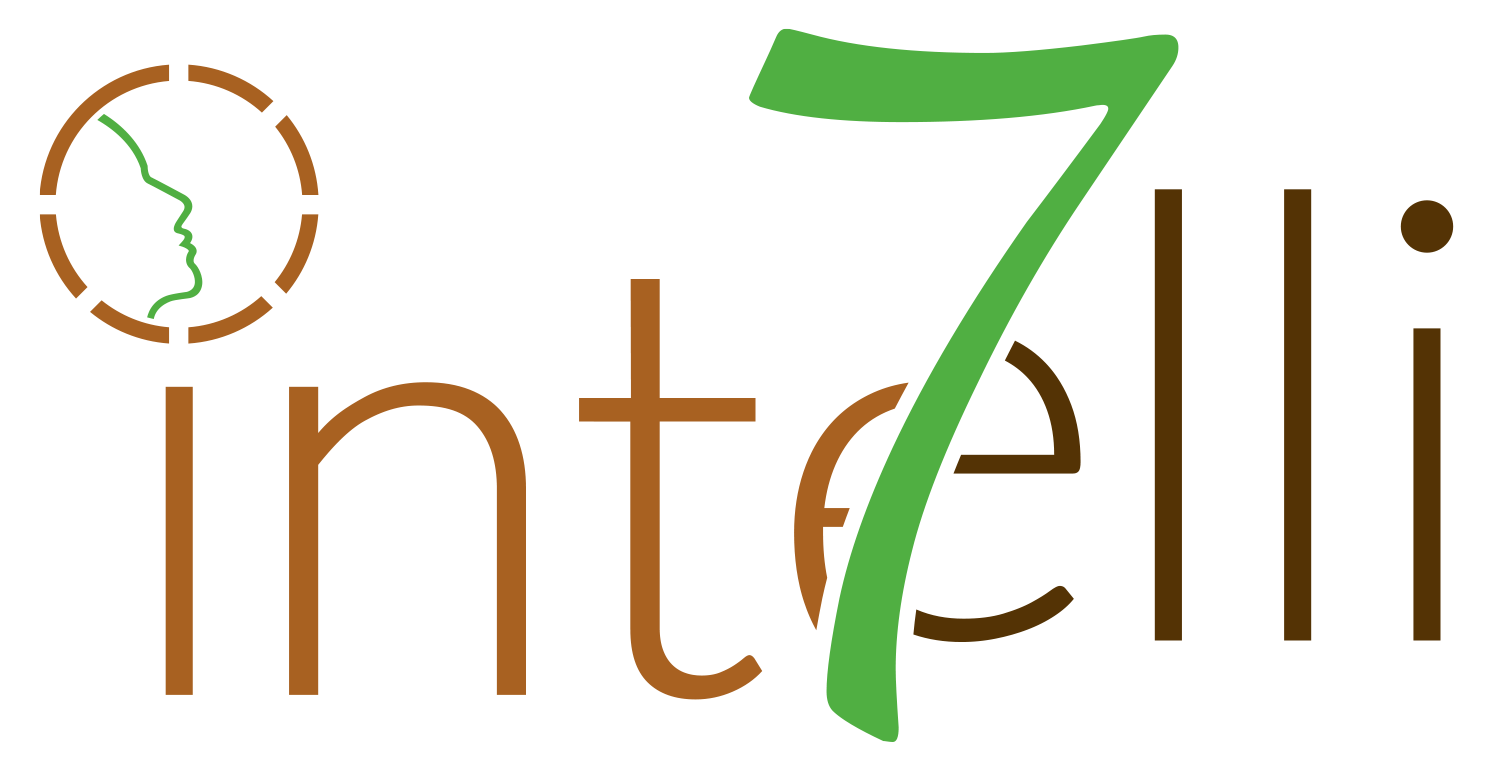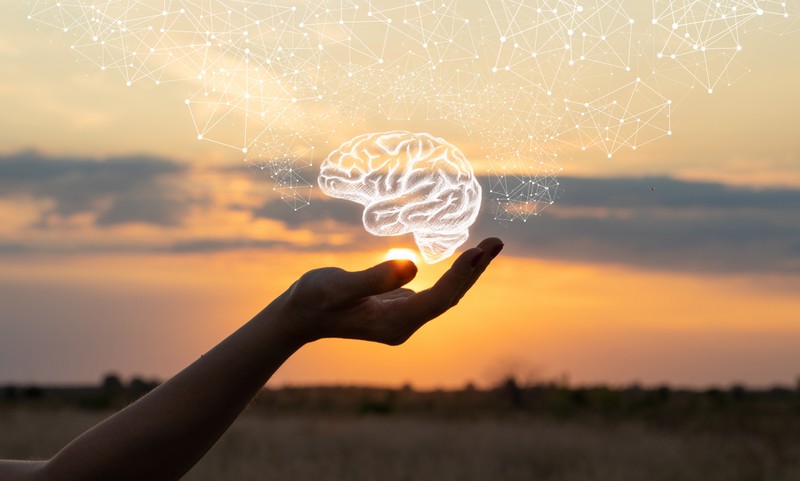

Dominique Deloche - YODISE - PHD Avenue
PARIS - France
Get in touch
Coach - Author
Manager Ensemble (digital offering) - Coût du non-management (E-book collection) - L'Eléphant Mimosa (play)
Intelli7 is a fantastic tool for local managers to decide to consciously modify their managerial practices.
The manager's understanding of his 7 Priority levels enables him to adapt his behavior based on his personality.
He can thus discover the managerial practices that are most natural to him (because they are in phase with his Priorities 1 and 2) and those that are furthest removed from him (Priorities 6 and 7). This identification, based on the tool, enables him to choose the most useful avenues for progress.
The local manager can progress, step by step, according to the wide variety of analyses offered by Intelli7.
Intelli7 is both a tool for individual progress and a support tool, in the hands of coaches. The fact that the same analysis information is shared (as soon as the profile is returned) provides the manager and his or her coach with a common support for unavoidable professional development.
For all local managers who have benefited from higher education (doctorate), this is an essential tool for their professional advancement. They have the intellectual training (capacity for abstraction) that enables them to decide for themselves on the best choices for behavior in situations (managerial practice).
But the tool is also very easy to access and immediately speaks to all those who are willing to improve their behavioral awareness and professional mobility.
 My references:
My references:
Veolia, OMS Energie, Administration Pénitentiaire, Défenseur des Droits, Orange, Weylchem










